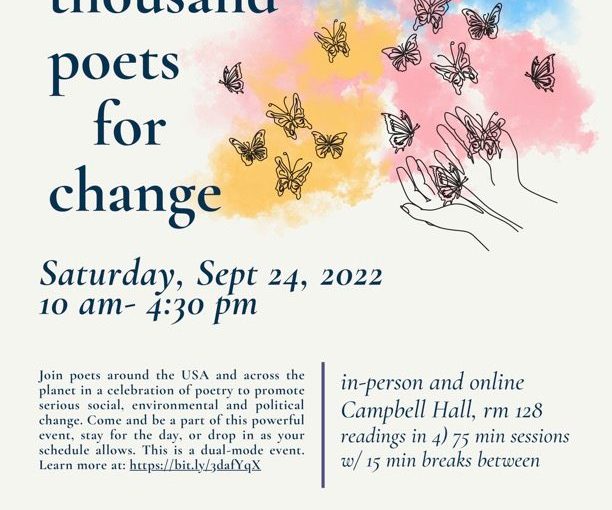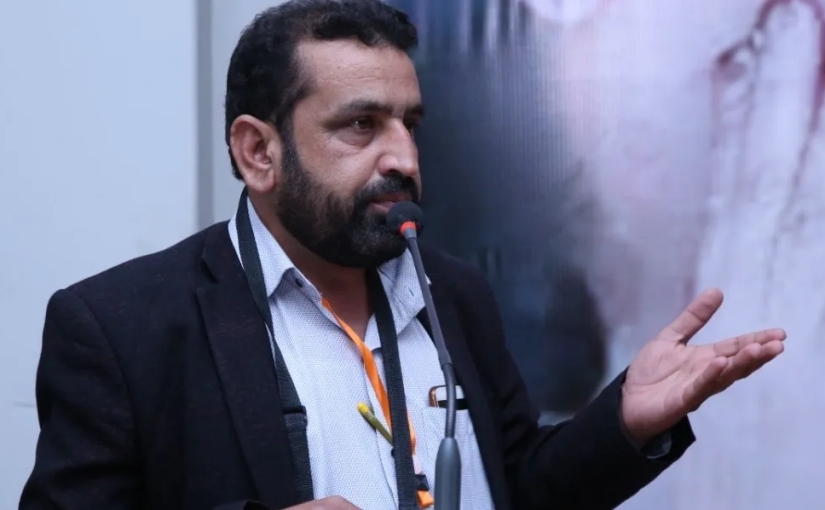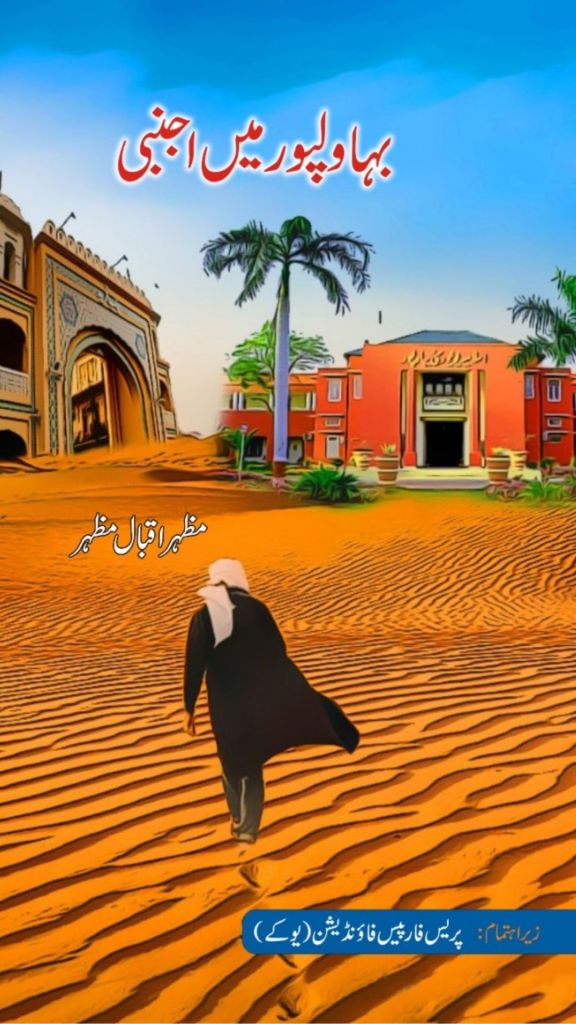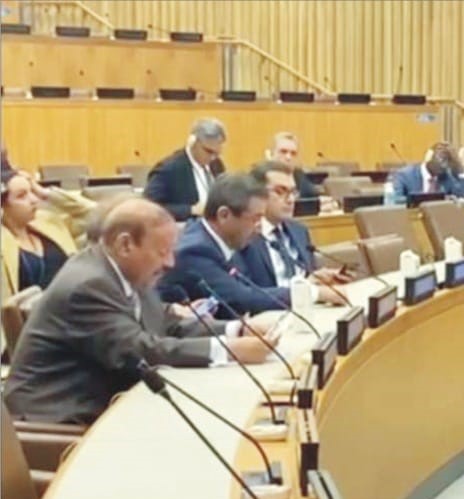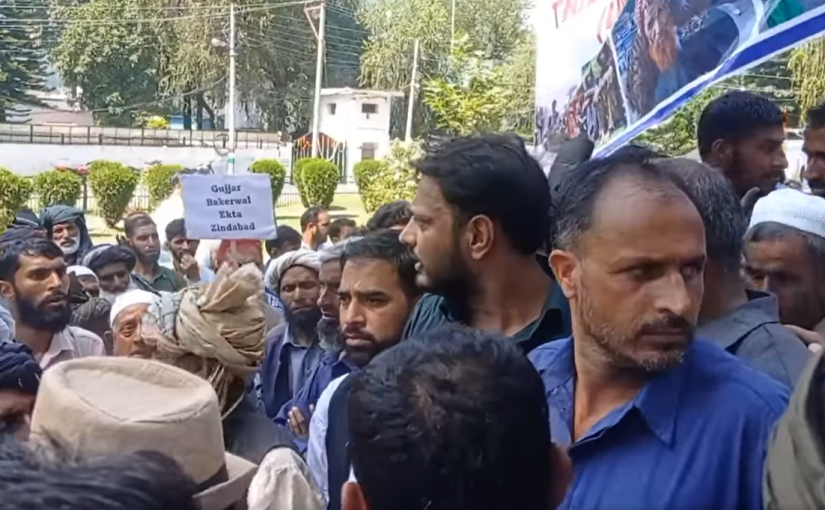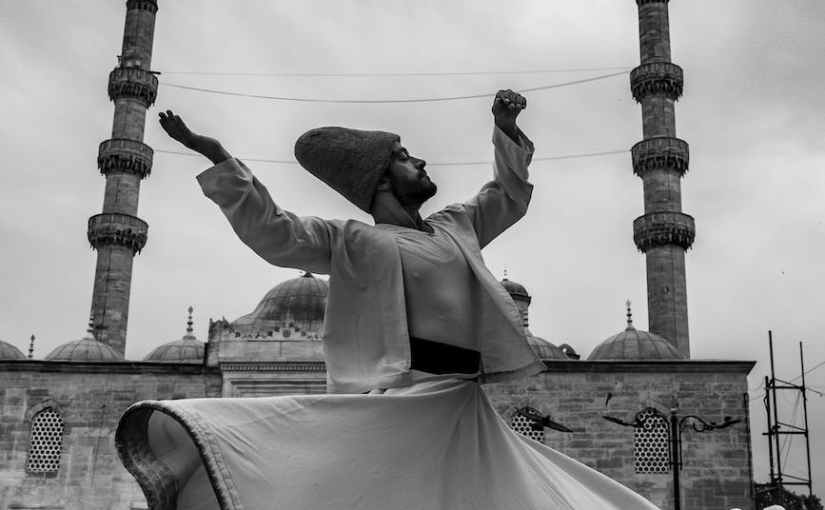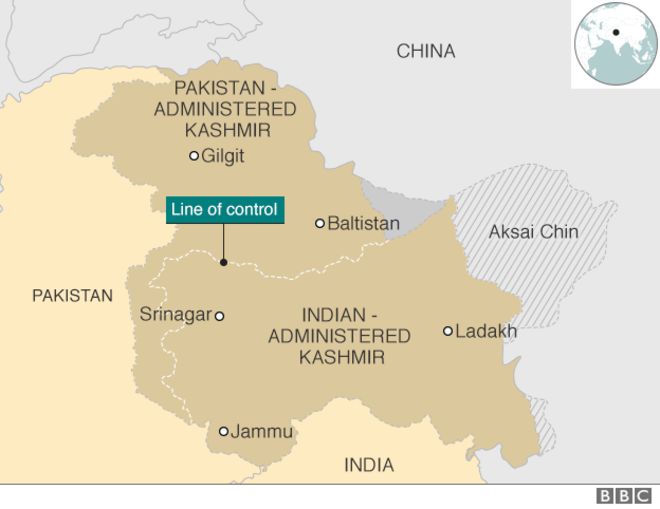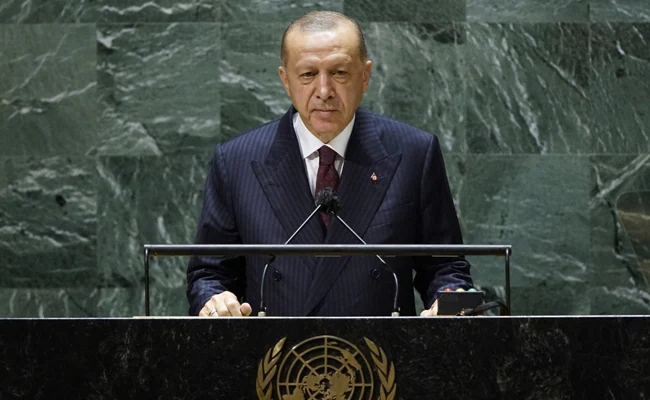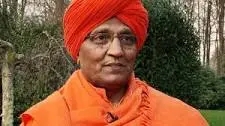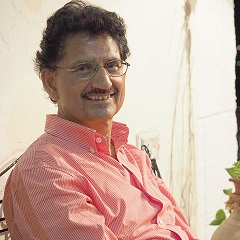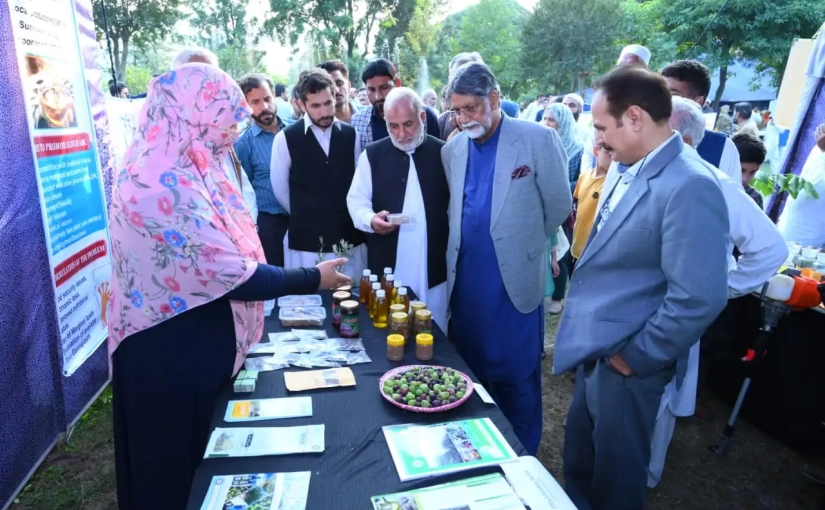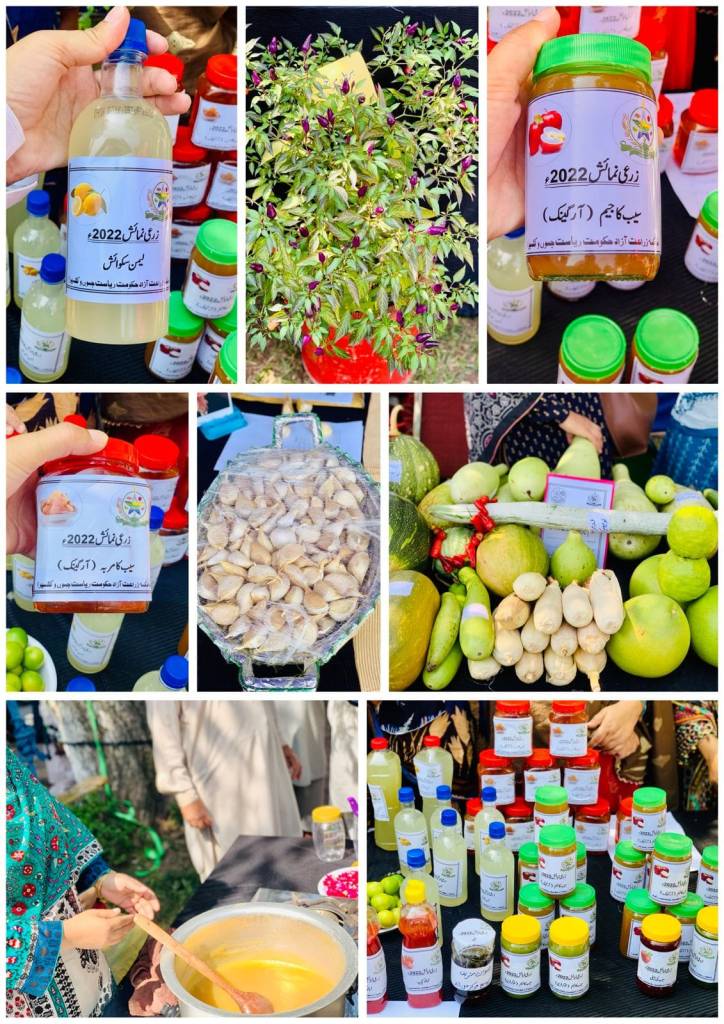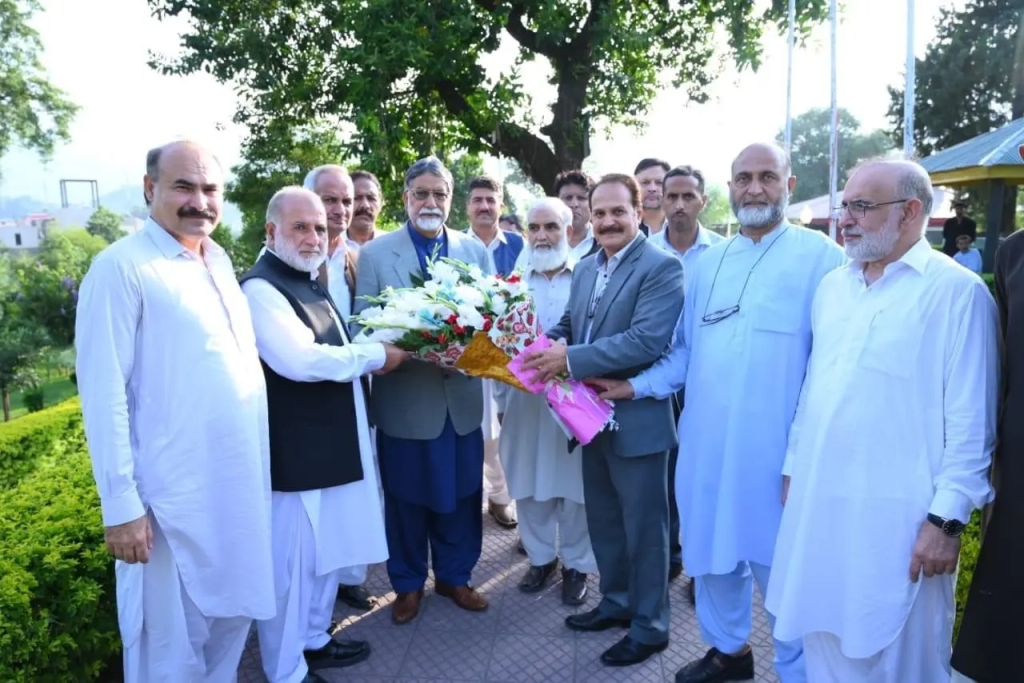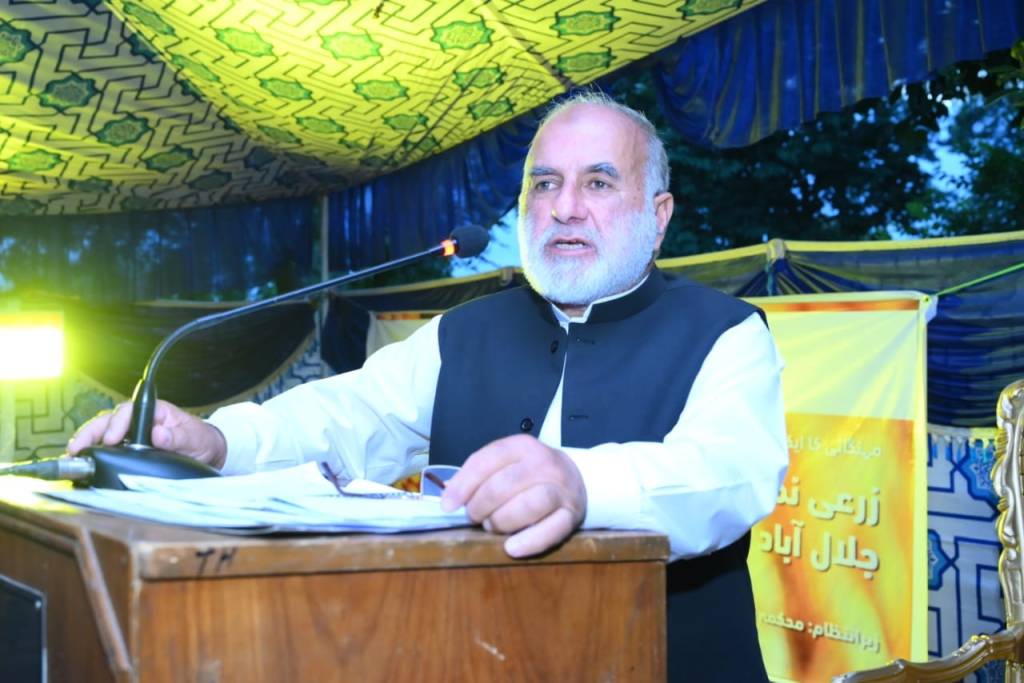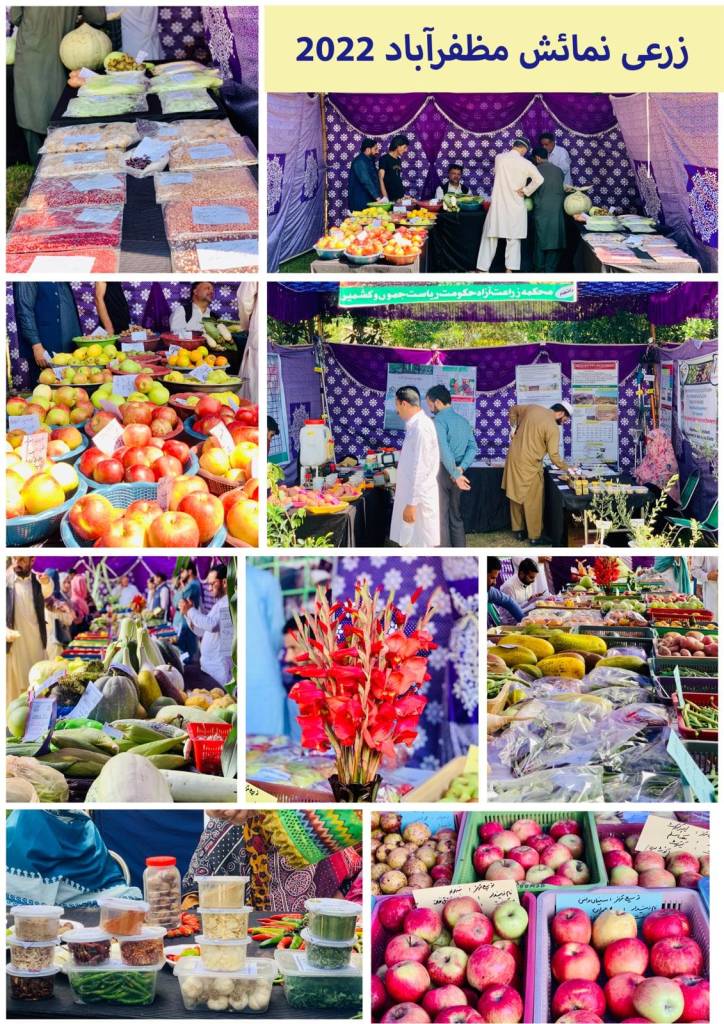Hazrat Shaikh Yaqub Sarfi, cousin of Baba Daud Khaki, was born in 1521 C.E..
His father, Shaikh Mir Hasan Ganai, was a nobleman in the court of the Sultan of Kashmir.
He learnt the Qur’an at home, memorising the entire book by the age of six. By eight, he had begun composing poetry, and was then put under the care of a famous scholar, Maulana Muhammad Ani, who taught him Farsi and Arabic.
After that, he studied Islamic jurisprudence, Arabic and Sufism from Maulana Mir Raziuddin and Hafiz Basir Khandabhawani.
In search of a spiritual master, he set off on a long and arduous journey to Samarqand in Central Asia (modern-day Uzbekistan), where he accepted the noted Sufi Hazrat Shaikh Hussain Khwarizmi as his pir.
After training on the Sufi path under him, he returned to Kashmir, settling down at the khanqah of Shaikh Sultan Kashmiri in Srinagar, making this the centre for his missionary work.
In 1557, when Shaikh Yaqub Sarfi was thirty-five, the Shah Miri dynasty was overthrown by the Chaks. The Chaks traced their origins to Baltistan.
Being from outside Kashmir, they were not particularly concerned, writes Siddiqui, about the welfare of the people of Kashmir.
At this time, a noted Shi’a missionary, Mir Shamsuddin ‘Iraqi, entered Kashmir and made many disciples, including several members of the Chak royal family.
A passionate Shi’a, the Chak king Yaqub Shah is said to have set about persecuting his Sunni subjects.
This caused several Sunni scholars to leave Kashmir and seek shelter elsewhere (Siddiqui, 1383 A.H. : 20-22).
As an important Sunni leader and scholar, Shaikh Yaqub Sarfi is said to have been a thorn in the Sultan’s flesh, and therefore, the Sultan plotted to have him killed. When the Shaikh heard about the conspiracy,he left Kashmir, and went on a long journey that took him to Samarqand, Iran and then finally to the holy cities of Mecca and Medina, where he spent several months in the company of accomplished Islamic scholars, studying various Qur’anic commentaries (tafasir) and the Traditions of the Prophet (hadith). He returned to India later, stopping at Fatehpur Sikri, where he took initiation in the Chishti order from the renowned Sufi, Hazrat Salim Chishti, and then going on to Sirhind, in Punjab, where he instructed the Naqshbandi Sufi, Hazrat Shaikh Ahmad Sirhindi, in the hadith and Sufism and initiated him into the Kubrawi order.
When he finally returned to Kashmir, the political situation was grim, with the Sunnis labouring under considerable oppression under Yaqub Shah Chak.
The Sultan issued a royal decree ordering that Yaqub Sarfi should be killed for not reading the call to prayer (azan) in the Shi’a manner and that his body should be tied to the tail of an elephant and dragged through the streets of Srinagar.
This provoked the Sunnis of the town, who rose up in protest. In order to put an end to the persecution of the Sunnis, Shaikh Yaqub Sarfi and a group of his companions went to the court of the Mughal Emperor Akbar at Agra, requesting him to send an army to Kashmir and overthrow the Chak ruler.
In their audience with Akbar, Shaikh Yaqub Sarfi and his companions insisted that after Akbar took over the administration of Kashmir, he should ensure full freedom of religion to all its people; that there should be no interference with local commerce and trade; that no Kashmiri should be enslaved;
that the practice of beggar or compulsory labour be abolished; and that those who had been associated with the Chak regime should be divested of their powers.
Akbar gave his consent to these conditions and then dispatched an army under Mirza Shah Rukh against Yaqub Shah Chak.
The Chaks fought valiantly and defeated the Mughals. Then, in 1586, Akbar sent a larger army to Kashmir, under Mirza Qasim Khan, which inflicted a decisive defeat on the Chaks, and Yaqub Shah was forced to flee to Kishtwar, where he died in 1592.
In this way, the last independent Kashmiri dynasty came to an end, and Kashmir was made a part of the Mughal Empire ( Khayal (b), 1998: 139-159. Also, Haideri, 1987: 5-11).
With the Mughal take-over of Kashmir, some Sunnis are said to have launched stern reprisals against the Shi’as.
Shaikh Yaqub Sarfi is said to have bitterly protested against this, and is credited with having made efforts to restore peace and inter-community harmony.
After conditions had settled down somewhat, he left for the Haj, and returned a year later with a large number of books, setting up a magnificent library in Srinagar.
It is said that the library contained some fifteen thousand books.
Shaikh Yaqub Sarfi is credited with having written several books, both in prose as well as in poetry form, on Sufism, the Traditions of the Prophet, Islamic rituals and on the lives of various saints.
He was regarded as one of the leading Islamic scholars of his time, earning the title of Ishan Sahib, or ‘guide’ or ‘master’.
His Sufi poetry is considered to be among the gems of Kashmiri mystical writings. A pious Muslim, he saw the light of God as pervading every little particle in the world thus:
I see that lonely face manifest
In whatever I regard.
Though I look at a hundred thousand mirrors,
In all that One Face is manifest
(A.Q. Rafiqi, 1996: 124).
Shaikh Yaqub Sarfi left this world in 1594 at the age of seventy-five and is buried at a shrine at Mohalla Ishan Sahib in Srinagar.

